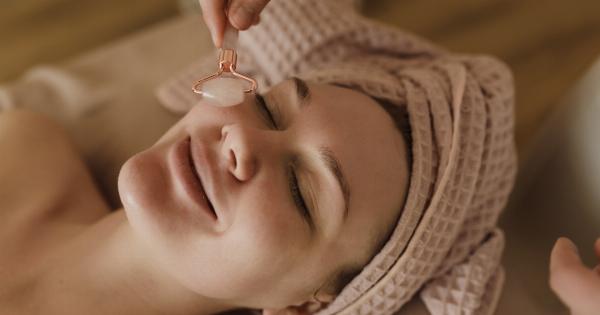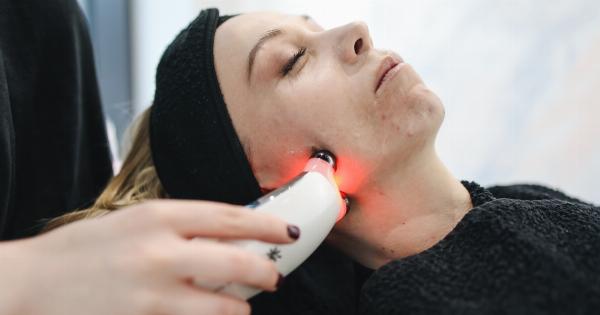Black spots, also known as hyperpigmentation, can occur on the face due to various factors such as acne scars, sun damage, hormonal changes, or aging.
These dark patches can be a significant concern for many individuals, impacting their self-esteem and confidence. However, there are several effective treatments available that can help reduce the appearance of black spots and improve overall skin tone. In this article, we will explore the best treatments for black spots on the face.
Laser Therapy
Laser therapy is a popular option for treating black spots on the face. It involves the use of light energy to target and break down the excess melanin that causes hyperpigmentation.
Different types of lasers, such as fractional lasers or Q-switched lasers, may be used depending on the severity and type of black spots.
Chemical Peels
Chemical peels are another effective treatment for black spots on the face. They work by applying a chemical solution to the skin, which exfoliates the top layer and promotes the growth of new, healthier skin cells.
Chemical peels can help lighten black spots and even out skin tone.
Microdermabrasion
Microdermabrasion is a non-invasive procedure that uses a device to gently exfoliate the skin. It helps remove dead skin cells and stimulates cell turnover, leading to a brighter and more even complexion.
Regular microdermabrasion sessions can significantly reduce the appearance of black spots.
Topical Creams
There are several over-the-counter and prescription topical creams available that can help fade black spots on the face.
These creams often contain ingredients such as hydroquinone, retinoids, or kojic acid, which work to lighten the dark patches over time.
Intense Pulsed Light (IPL) Therapy
Intense pulsed light (IPL) therapy uses high-intensity bursts of light to target melanin in the skin. This treatment is effective in reducing the appearance of black spots caused by sun damage or melasma.
It can also help improve overall skin texture and tone.
Cryotherapy
Cryotherapy involves freezing the black spots on the face using liquid nitrogen or other freezing agents. The freezing process destroys the excess melanin, causing the spots to gradually fade.
Cryotherapy is commonly used for small black spots or individual dark patches.
Retinol Treatment
Retinol, a derivative of vitamin A, is a powerful ingredient in skincare products that can effectively treat black spots on the face.
It helps increase cell turnover and promote the growth of new skin cells, resulting in a smoother and more even complexion.
Hydroquinone Treatment
Hydroquinone is a commonly used ingredient in skin lightening creams. It works by inhibiting the production of melanin, the pigment that gives color to the skin.
Hydroquinone can effectively lighten black spots and is often used in combination with other treatments for optimal results.
Platelet-Rich Plasma (PRP) Therapy
Platelet-rich plasma (PRP) therapy involves using the patient’s own blood to stimulate healing and rejuvenation. The procedure begins by extracting blood and separating the platelets, which are then injected into the face.
PRP therapy can help improve the appearance of black spots by promoting collagen production and accelerating skin healing.
Home Remedies
In addition to professional treatments, there are several home remedies that can help fade black spots on the face. These include applying lemon juice, aloe vera gel, apple cider vinegar, or a mixture of honey and yogurt to the affected areas.
While these remedies may take longer to show results, they can be a cost-effective and natural way to reduce hyperpigmentation.
Conclusion
Black spots on the face can be a source of self-consciousness for many individuals. However, with the advances in dermatological treatments, there are several effective options available to fade these dark patches and achieve a more even complexion.
Laser therapy, chemical peels, microdermabrasion, topical creams, and home remedies are all viable treatments for black spots on the face. Consulting with a dermatologist can help determine the best course of action based on individual skin type, severity of hyperpigmentation, and desired results.
By following a comprehensive treatment plan, individuals can regain their confidence and enjoy smoother, more radiant skin.



























